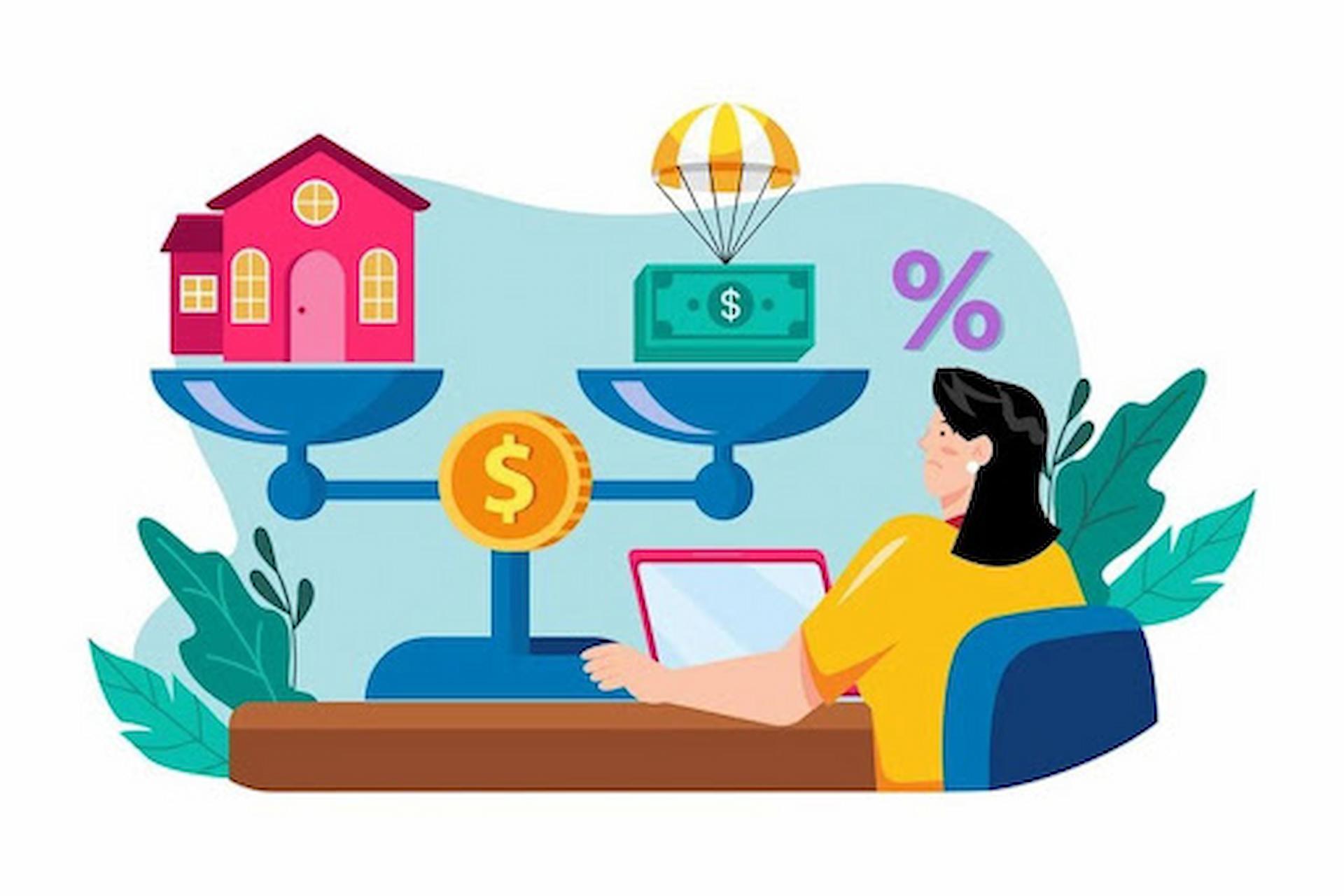Comparing Small Loan Options: Which is Right for You?

Small loans can be a lifeline in times of financial need, offering quick access to funds for various purposes. Whether you’re looking to cover unexpected expenses, finance a small project, or manage cash flow gaps, understanding the different types of these loans is crucial. This guide explores various small loan options, comparing their features, benefits, and suitability for different financial situations.
Types of Small Loans
Personal Loans
Personal loans offer versatility, serving multiple purposes, such as debt consolidation and medical bill coverage. They are typically unsecured, meaning no collateral is required, and the loan amount and interest rate depend mainly on your creditworthiness. Personal loans offer fixed monthly payments over a set period, making budgeting easier.
Payday Loans
Payday loans provide short-term cash advances that are repaid on your next payday. They are easy to qualify for and offer quick access to funds, but they often come with high interest rates and fees. Payday loans are suitable for emergencies but should be used cautiously due to their high cost.
Credit Union Loans
Credit unions offer small loans with competitive interest rates to their members. These loans may include personal loans, payday alternative loans (PALs), or other specialised products. Credit union loans often have more favourable terms than traditional banks and payday lenders, making them a good option for borrowers with limited credit history.
Online Installment Loans
Online instalment loans provide flexibility, longer repayment terms, and lower interest rates than payday loans. They are accessible through online lenders and can be secured or unsecured, depending on the lender’s requirements. Instalment loans allow you to borrow more significant amounts and repay them over time in fixed monthly instalments.
Factors to Consider When Choosing a Small Loan
Interest Rates and Fees
Compare the annual percentage rates (APRs) of different loan options to understand the total cost of borrowing. Pay attention to origination fees, late payment fees, and other charges that can add to the overall expense of the loan.
Repayment Terms
Consider how long you must repay the loan and whether the repayment schedule aligns with your budget. Longer loan terms may lower monthly payments but increase the total interest paid.
Loan Amounts
Evaluate the minimum and maximum loan amounts each lender offers to ensure they meet your financial needs. Some lenders may have stricter limits based on your creditworthiness and income.
Credit Requirements
Understand the minimum credit score and other eligibility criteria required by each lender. Borrowers with excellent credit scores typically qualify for lower interest rates and better loan terms.
Loan Application Process
Evaluate the ease and speed of the loan application process for each lender. Online lenders often offer streamlined applications that can be completed quickly, while traditional banks or credit unions may require more documentation and a longer approval process.
Customer Service and Support
Consider the quality of customer service offered by each lender. Look for reviews and ratings to gauge the lender’s reputation for responsiveness and helpfulness in addressing borrower concerns or issues.
Loan Security and Privacy
Ensure the lender follows industry-standard practices to protect your personal and financial information. Before submitting sensitive information, verify the security measures for online transactions and data protection.
Flexibility of Repayment Options
Some lenders may offer options for early repayment without penalties or flexible repayment schedules to accommodate unexpected changes in your financial situation. Understand the lender’s policies regarding loan modifications and repayment flexibility.
Tips for Getting Approved for a Small Loan
Check Your Credit Score
Before applying for small loans, review your credit report and score. Correct any errors and take steps to improve your credit score if necessary. A higher credit score enhances your likelihood of approval and qualifies you for more favourable loan terms.
Compare Multiple Lenders
Refrain from settling for the first loan offer you receive. Compare rates, terms, and fees from multiple lenders to find the most competitive option that meets your needs. Use online comparison tools or consult with financial advisors if needed.
Prepare Required Documentation
Gather all necessary documentation, such as proof of income, employment verification, and identification, before starting the loan application process. Having these documents ready can expedite the approval process and increase your chances of securing the loan.
Consider Co-Signing or Collateral
If you have a limited credit history or lower credit score, consider applying for the loan with a co-signer or offering collateral to secure the loan. It can improve your chances of approval and help you qualify for lower interest rates.
Conclusion
Choosing the right small loan involves carefully considering interest rates, repayment terms, and eligibility requirements. Whether you opt for a personal loan, payday loan, credit union loan, or online instalment loan, each option has its advantages and considerations. Understanding the differences between these small loan types allows you to make an informed decision that aligns with your financial goals and circumstances.

You must be logged in to post a comment.